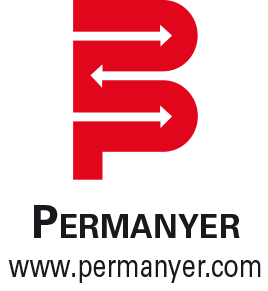Background: No pharmacovigilance studies of the effects of oncology drugs in children with cancer have been conducted to date in Mexico. The aim of this study is to identify severe adverse drug reactions (ADRs) to oncology drugs in this population. Material and methods: Ten medical institutions across the nation that are accredited for the treatment of children with cancer under the “Seguro Popular” health insurance program were included. A 12-month prospective, observational, multicenter study was designed. The association between oncology drugs for the treatment of childhood cancer and severe ADRs was evaluated. The cause for every adverse reaction was determined. Results: Nine thousand eight hundred and eleven reports in 1,468 children were received. The mean age was 7.6 ± 0.3 years. High-risk acute lymphoblastic leukemia accounted for 68.1% of the cases. Eigthen thousand eigth hundred and thirty six administration of 24 antineoplastic agents were reported. Four hundred and sixty nine severe ADRs associated with 12 drugs occurred in 133 (9.0%) children. Hematologic toxicities were the most frequent; 93.7% of reactions are described as being possibly drug-related. There were 12 cases of pancreatitis following the administration of L-asparaginase. 58.1% of the reactions were related to three drugs: cytarabine (29.2%), methotrexate (18.1%) and L-asparaginase (10.8%). Five patients died because of myelosuppression associated with daunorubicin (2), septic shock caused by cyclophosphamide (1) and pancreatitis following the administration of L-asparaginase (2). Conclusions: The administration of 18,836 doses of oncology drugs was recorded at 10 pediatric hospitals. The study has no doubt contributed to Mexico’s Pharmacovigilance program for oncology drugs; severe reactions were reported to the National Pharmacovigilance Center (NPC).
|



